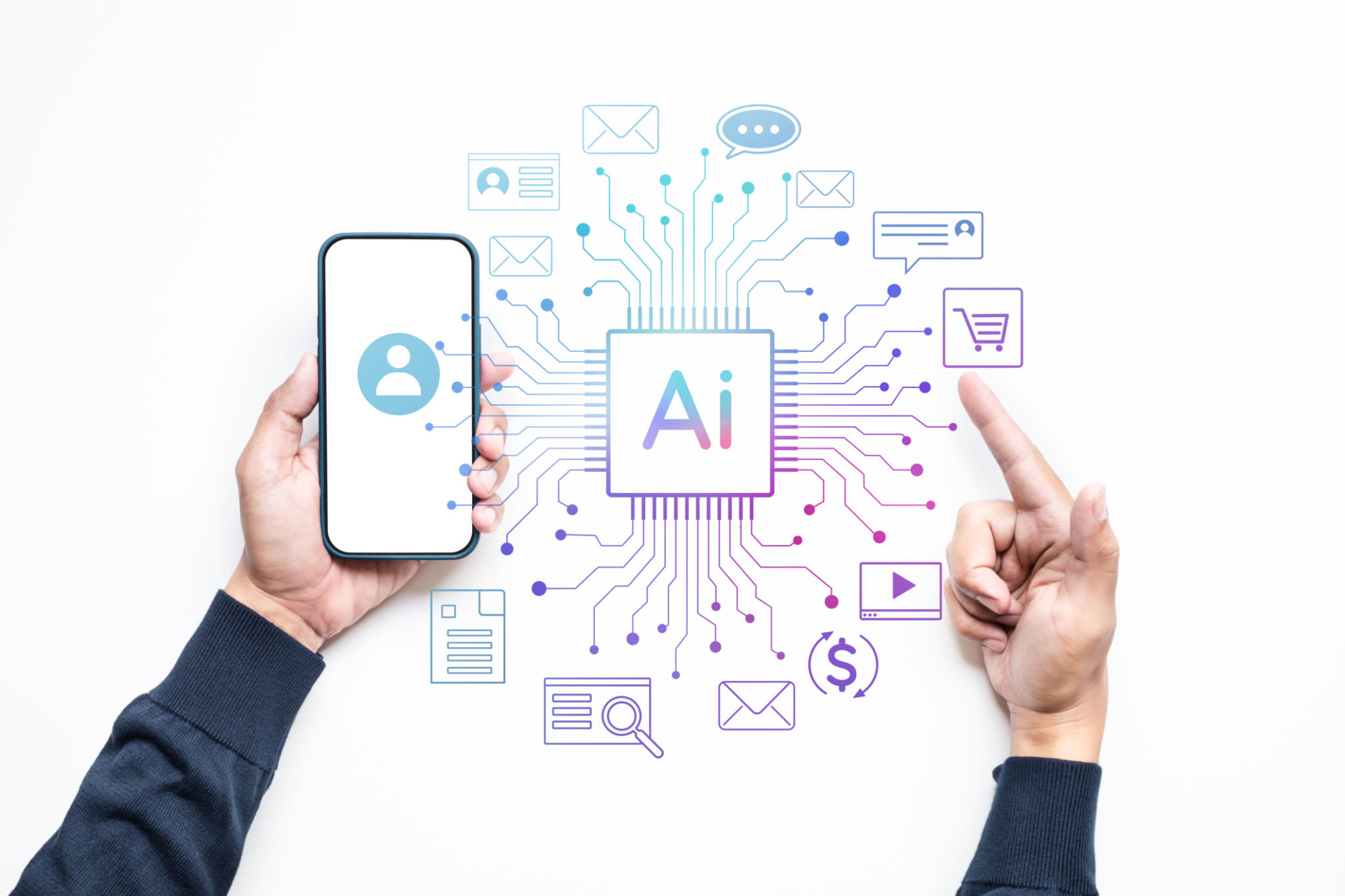How AI is Revolutionizing Call Management in Medical Practices
Enhancing Efficiency with AI-Driven Call Management
In the fast-paced world of medical practices, efficient call management is crucial. With the advent of Artificial Intelligence (AI), this aspect of healthcare administration is undergoing a significant transformation. AI systems are now capable of handling a variety of tasks that streamline operations, allowing medical staff to focus more on patient care and less on administrative burdens.

Improving Patient Interaction
One of the most notable ways AI is revolutionizing call management is through improved patient interaction. AI-powered virtual assistants and chatbots can handle routine inquiries, schedule appointments, and even send reminders. This automated assistance ensures patients receive timely responses, enhancing their overall experience with the medical practice.
Moreover, these virtual assistants can operate 24/7, providing support outside regular office hours. This continuous availability helps in managing patient expectations and reduces the need for human intervention in basic queries.
Streamlining Administrative Tasks
AI technology simplifies numerous administrative tasks associated with call management. By automating call routing and prioritization, AI systems ensure that calls are directed to the appropriate department or individual without delay. This not only improves efficiency but also minimizes the risk of human error.
Additionally, AI can transcribe voice calls into text, making it easier to document conversations and retrieve information when needed. This ability to quickly access relevant data is invaluable in maintaining accurate patient records and facilitating seamless communication across the practice.

Enhancing Data Security
Data security is a paramount concern in medical practices, and AI plays a pivotal role in safeguarding sensitive patient information. AI algorithms can detect unusual patterns in data access and flag potential security breaches, ensuring that patient confidentiality is maintained at all times.
Furthermore, AI-driven encryption techniques provide an additional layer of security for call recordings and transcriptions, protecting them from unauthorized access. This robust security framework helps medical practices comply with regulations such as HIPAA, fostering trust with patients.
Optimizing Staff Productivity
By taking over routine call management tasks, AI allows medical staff to focus on more complex responsibilities that require human expertise. This shift not only enhances productivity but also improves job satisfaction among staff members who can engage more deeply with patient care.
Additionally, AI's ability to analyze call data provides insights into operational efficiency. Practices can identify peak call times, common patient inquiries, and areas where additional training may be necessary, leading to better resource allocation and service improvement.

The Future of Call Management in Healthcare
The integration of AI into call management systems is just the beginning. As technology continues to evolve, we can expect even more sophisticated solutions that further enhance the efficiency and effectiveness of medical practices. From predictive analytics to personalized patient interactions, the possibilities are endless.
Ultimately, AI's role in call management signifies a shift towards a more streamlined and patient-centric approach in healthcare. By embracing these technological advancements, medical practices can ensure they remain at the forefront of providing exceptional care in an increasingly digital world.
